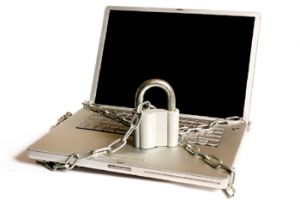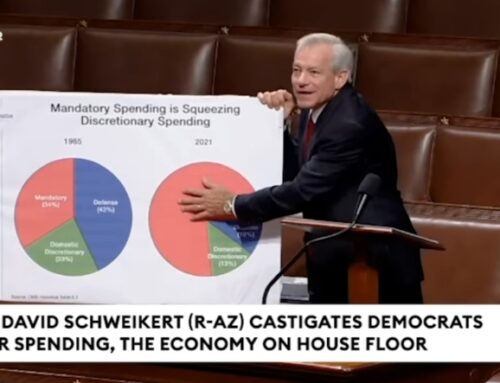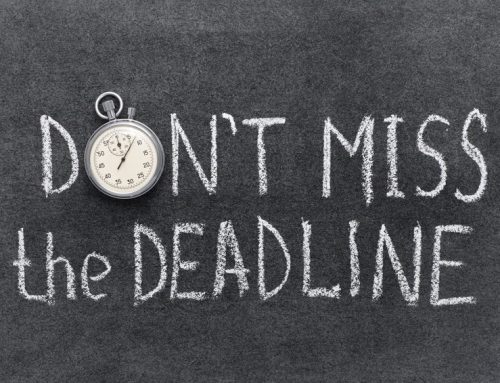This first appeared in BigGovernment.com:
November 30th Could Be the Day the Government Seizes Control of the Internet
by Seton Motley
November 30th, the Federal Communications Commission (FCC) could potentially engage in one of the largest federal power grabs we have ever seen.
After two years of this Presidential Administration and this Congress, that is saying an awful lot about an awful lot.
And what’s worse, the FCC would be doing it without Congress weighing in. At the FCC’s November meeting – note the coincidental date of choice, AFTER the impending election – three unelected bureaucrats (of five) could simply vote themselves rulers of 1/6th of our entire economy – the information and technology sector.
Meaning the Internet that you currently enjoy – that has been a marvel of economic and information innovation and success – will be subject to vast new governmental regulations. You didn’t elect these people – but they are on the verge of electing themselves Internet overlords.
The Internet is the future – and increasingly the present – of news and information delivery. With each passing day, we move a little further away from the old media models – print, broadcast and cable television, radio – and towards an all-Web world. Eventually, most or all of the news and information we get – written, and spoken into microphones and cameras – will be on and for the Internet.
And we are on the verge of having this new world – the all-encompassing future of First Amendment free speech in America – swallowed up by three unelected D.C. bureaucrats and their Commission.
This is one of the most important battles ever waged in Washington – and precious little is known about it outside the Beltway.
What we are talking about is Internet reclassification. What that means is the FCC – which by its own admission doesn’t have authority over the Web – would just vote itself said authority. By reclassifying the Internet – so that it would be subject to the same rules as landline telephones.
The FCC has long had tremendous power over landline telephones, which is why there has been so much incredible innovation with them these last 70+ years. (Note: tremendous sarcasm here.)
The FCC has no power over the Internet because the FCC doesn’t have power over anything until Congress writes a law saying they do. And Congress has never done this for the FCC with the Internet.
It’s not just me saying this. 299 members of Congress have said so – a large bipartisan majority. More than 150 organizations, state legislators and bloggers have said so. So have seventeen minority groups – that are usually almost always in Democrat lockstep.
So have many additional normally Democrat paragons, including several large unions: AFL-CIO, Communications Workers of America (CWA),International Brotherhood of Electrical Workers (IBEW); several racial grievance groups: League of United Latin American Citizens (LULAC), Minority Media and Telecom Council (MMTC), National Association for the Advancement of Colored People (NAACP), Urban League; and an anti-free market environmentalist group: the Sierra Club.
So too has the unanimous D.C. Circuit Court – led by a Democrat Bill Clinton-appointee – ruling in April in the Comcast-BitTorrent case that the FCC doesn’t have the authority to regulate the Internet.
Most importantly, FCC Chairman Julius Genachowski has himself said so. In an interview last week with the Washington Post, the Chairman readily acknowledged “(W)e have a Communications Act that wasn’t written for broadband.”
Chairman Genachowski is referring to the 1996 Telecommunications Act, the last time Congress addressed communications policy and the authorities the FCC has there over. Broadband Internet for all intents and purposes didn’t yet even exist.
The remedy to all of this is crystal clear. Congress should do what it’s supposed to do – write a law that defines and details the FCC’s role (or lack thereof) in regulating the Internet.
And the FCC should do what it’s supposed to do – unless and until Congress acts, NOTHING.
What the FCC must NOT do is unilaterally vote itself vast new powers under the cover of bureaucratic, post-election darkness.







